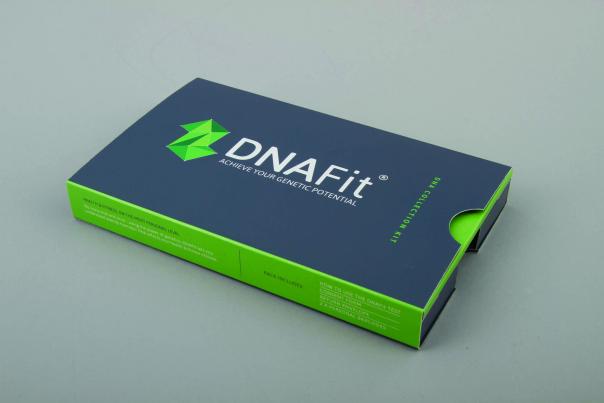
People struggling with significant excess weight are receiving a free DNA test to help them lose pounds as part of a pioneering new health initiative funded by a £50,000 grant from the Big Lottery in England.
Enable East has launched its Extraordinary People programme in Essex and is initially helping 56 people who are more than 3st overweight or have been in the past.
The programme is about looking at a number of different factors that can affect someone’s significant weight gain, including their DNA profile, and challenging the message that the universal answer to losing weight is to eat less and exercise more.
It’s thought that around 60% of variance in body weight is due to genetic factors, and this can explain why not everyone responds the same, even if following the same diet.
In a study of 191 obese people by the University of Trieste in Italy in 2014, those using a DNA-matched diet lost 33% more weight than those on an unmatched one.
Patients on a DNA diet also gained more muscle, at an average of 6.1% compared with 5.3% – 16.0% more.
The researchers behind a recent study at the University of Sheffield have told the NHS that a one-size-fits-all approach to treating obesity doesn’t work and that weight loss strategies should be more tailored.
According to a report by the consultancy firm McKinsey and Company, obesity costs the UK economy £47 billion a year.
The DNA test is part of a nutrition and fitness programme called DNAFit that provides a route map to improved fitness, weight loss and better health through analysis. The non-invasive saliva test allows a diet and exercise programme to be developed that is personalised to the circumstances and genetics of each person.
DNAFit tests 45 gene variants scientifically linked to a body’s capacity to respond to training and nutrition, including the obesity-linked genes FABP2, PPARG, ADRB2-79, ADRB2-46 and ADRB3.
It is being offered to people taking part in the Extraordinary People programme as part of a personal plan to examine possible causes of their significant weight gain.
DNAfit’s chief scientific officer Dr Keith Grimaldi said: “This research is an interesting example of intervention studies using genetics and diet to personalise nutrition. The results provide yet more evidence that using your genetic data to meet your health goals is the right way to go.
“A growing body of evidence is suggesting that eating to your genotype provides long-lasting and definitive results.
“Genetic testing for nutrition could save the UK hundreds of millions of pounds a year and, more importantly, make our nation healthier.
“A one-size-fits-all approach to weight loss doesn’t work for everyone. We’re all unique.”
Susannah Howard, director at Enable East, added: “We want people who have significant excess weight to be able to access more information about what could be causing their problems and dispel some of the myths that currently surround obesity.
“Obesity can involve a number of factors, including someone’s DNA, the modern diet and how much sleep they get, and we believe that equipping people with this information will give them more power and control over their lives.”